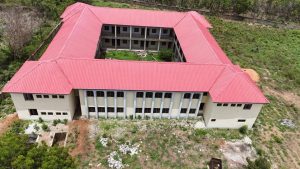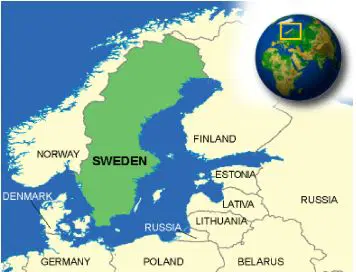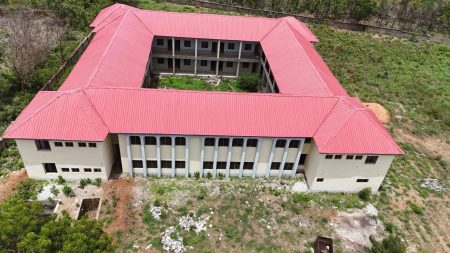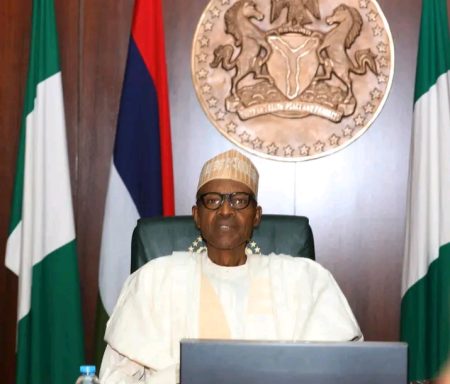In a bold and contentious move, the Swedish government has announced a sweeping plan to encourage immigrants to voluntarily return to their home countries, offering a substantial grant of up to 350,000 Swedish kronor (approximately $34,000 or N55,930,000) to eligible individuals. This drastic increase from the current 10,000 kronor is aimed at curbing immigration and addressing the country’s longstanding integration challenges.
The initiative, unveiled by Conservative Prime Minister Ulf Kristersson’s minority coalition government, is seen as a fulfillment of his 2022 campaign promise to tackle immigration and crime. The plan has received backing from the anti-immigration Sweden Democrats, who emerged as the country’s second-largest party with 20.5% of the vote in the general election.
Sweden has struggled for years to integrate immigrants, having accepted a large number of migrants since the 1990s, primarily from conflict-ridden countries such as the former Yugoslavia, Syria, Afghanistan, Somalia, Iran, and Iraq. Despite efforts to promote assimilation and social cohesion, the country continues to grapple with issues related to immigration, including unemployment, housing shortages, and social unrest.
The government hopes this new initiative will incentivize more immigrants to return to their countries of origin, alleviating pressure on the country’s resources and social services. However, critics argue that the plan may not address the root causes of integration challenges and may be seen as a symbolic gesture rather than a comprehensive solution.
The announcement comes despite a recent government-commissioned inquiry advising against a significant grant increase, citing concerns over cost-effectiveness. Nevertheless, the government is moving forward with the plan, which is expected to be implemented in 2026. As Sweden navigates this complex and contentious issue, the success of the repatriation plan remains to be seen.













